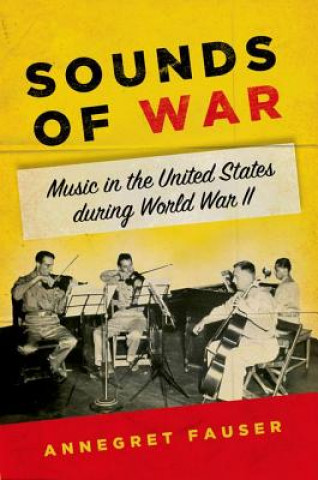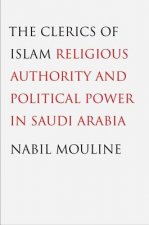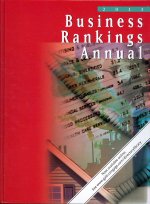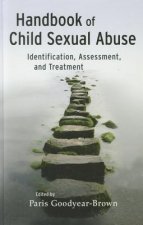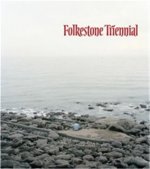
Doručení
Nákupní rádce





Nehodí se? Vůbec nevadí! U nás můžete do 30 dní vrátit
 Dárkový poukaz
V libovolné hodnotě
Dárkový poukaz
V libovolné hodnotě
S dárkovým poukazem nešlápnete vedle. Obdarovaný si za dárkový poukaz může vybrat cokoliv z naší nabídky.
Sounds of War
 Angličtina
Angličtina
 209 b
209 b
30 dní na vrácení zboží
Mohlo by vás také zajímat


While music and musical life in Nazi Germany, Vichy France, Fascist Italy, and Stalinist Russia have been widely explored, concert music in the United States during World War II has remained markedly untouched. Music in this period - whether as an instrument of propaganda or as a means of entertainment, recuperation, and uplift - pervaded homes and concert halls, army camps and government buildings, hospitals and factories. Dinah Shore, Duke Ellington, and the Andrew Sisters entertained civilians at home and G.I.s stationed abroad with the sounds of swing and boogie-woogie. Yet, it was the role assigned specifically to classical music that truly distinguished musical life in the wartime United States. Within U.S. spheres of influence during World War II, American and exiled European musicians alike contributed actively and self-consciously to the war effort. Indeed, on the day after Pearl Harbor, Group Theatre director Harold Clurman wrote to his cousin, Aaron Copland: "So you're back in N.Y...ready to defend your country in her hour of need with lectures, books, symphonies!" Copland would be one of many classical composers deeply involved in the arts as part of the war effort. Marc Blitzstein, Elliott Carter, Henry Cowell, Roy Harris, and Colin McPhee were all mixed up with the propaganda missions of the Office of War Information (OWI); Samuel Barber served in the US Army Air Force, writing both his Second Symphony and his Capricorn Concerto, "a rather tooting piece, with flute, oboe and trumpet chirping away" and thus fit for the times, as he assured a fellow composer. Civilian commissions for new music focused on patriotic and "martial" subjects, most famously the series of fanfares that Eugene Goossens, the chief conductor of the Cincinnati Symphony Orchestra, requested from American composers and from European musicians in exile: Copland's Fanfare for the Common Man is a still much performed result. Similarly, the League of Composers (financed by the Treasury Department) commissioned numerous works on patriotic themes, including Bohuslav Martin?'s Memorial to Lidice and William Grant Still's moving In Memoriam: The Colored Soldiers Who Died for Democracy. Classical music was heard on the radio and in film scores; it was performed in the Armed Forces; and it even played a role in the work of the Office of Strategic Services (OSS; the predecessor to the CIA), whose director, General "Wild Bill" Donovan, was known not only to support experiments about music as a cipher code, but also to involve himself in music-related affairs, including the case of smuggling Shostakovich's Seventh Symphony out of Russia. Classical music in 1940s America had a cultural relevance and ubiquitousness that is hard to imagine today, and it played an important role as a cultural counterpoint to the military effort as musicians and politicians were-in Henry Cowell's words-"shaping music for total war. No other war mobilized and instrumentalized culture in general and music in particular so totally, so consciously, and so unequivocally as World War II. Through author Annegret Fauser's in-depth, engaging, and encompassing discussion in context of this unique period in American history, Sounds of War brings to life the people and institutions that created, performed, and listened to this music. The book will have wide-ranging appeal among a general readership interested in the study of culture and war, as well as musicologists and historians studying World War II era America
Informace o knize
 Angličtina
Angličtina




 Jak nakupovat
Jak nakupovat















